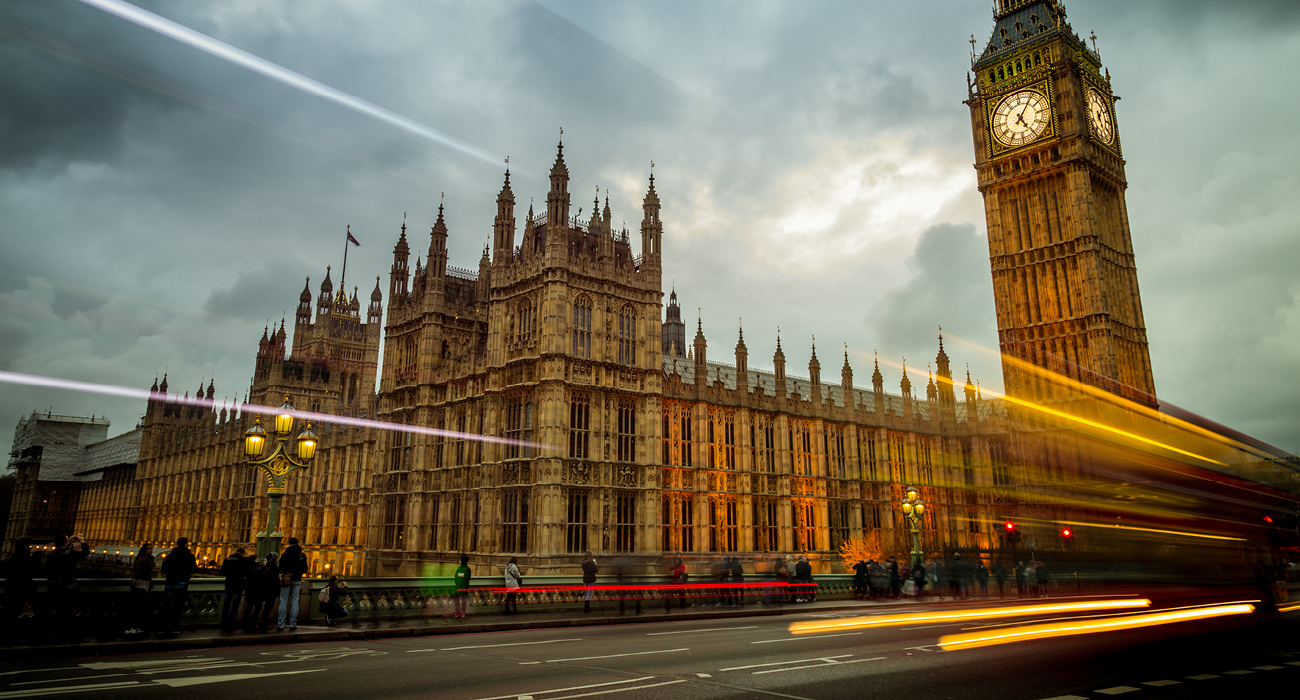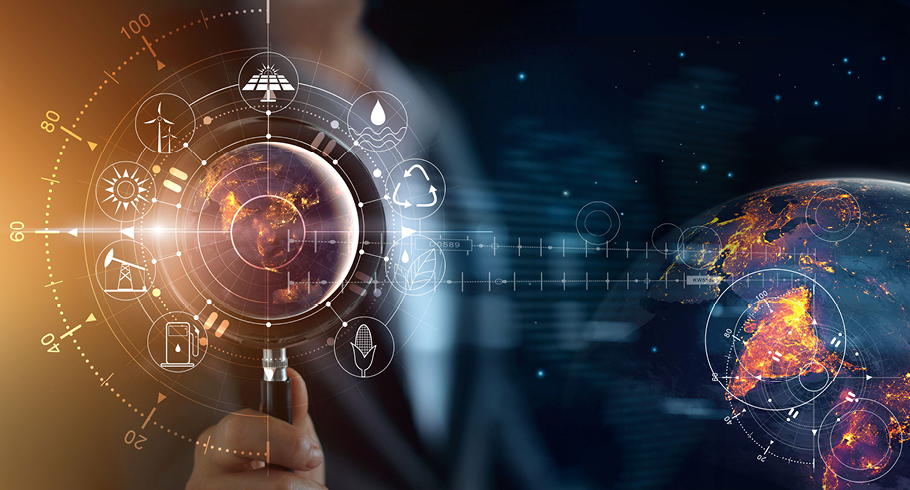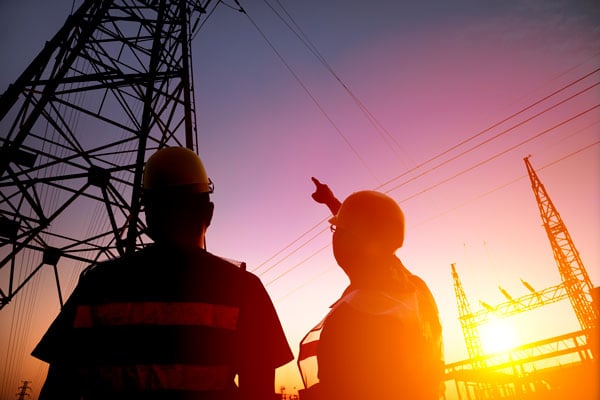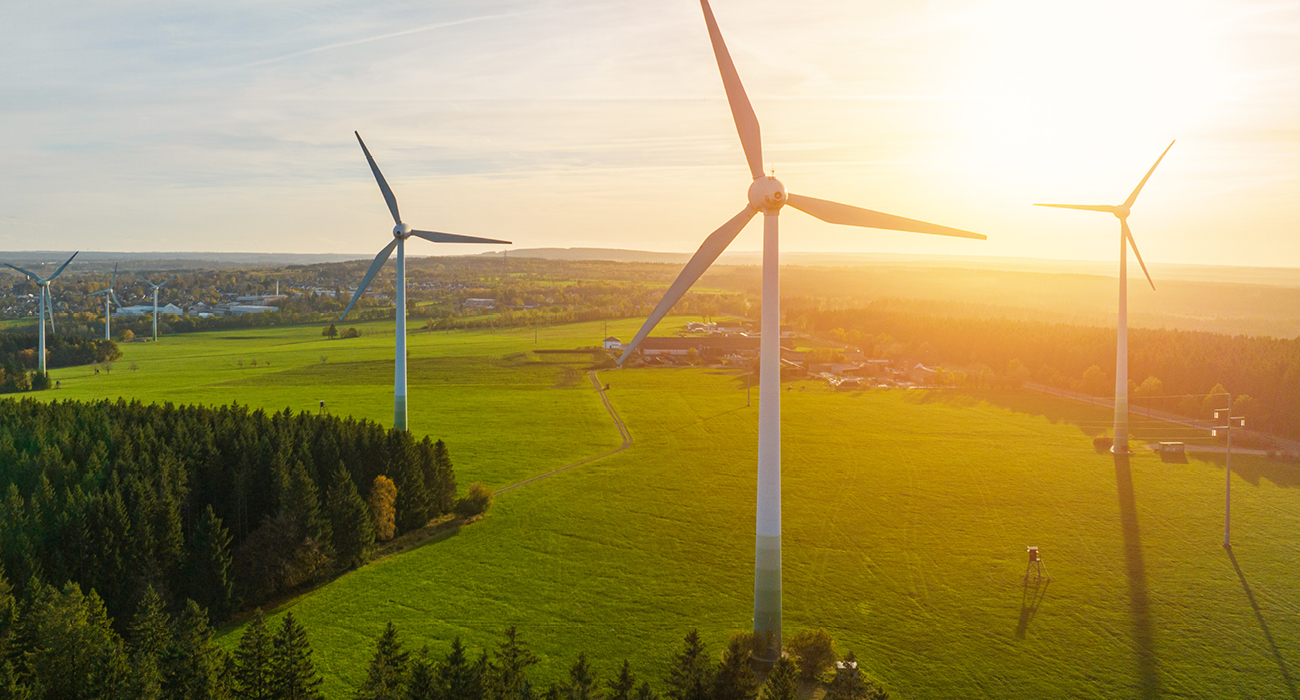/npm214%20Digital_H_UB139.jpg)
/npm214%20Digital_H_UB139.jpg)
Is the cost of Clean Power 2030 too high for UK businesses?
Could your traditional meter be costing you more and delivering less?
2 Mins
Are Corporate Power Purchase Agreements (CPPAs) key to a clean energy future?
MHHS unpacked: 10 key points explained
2 Mins
MHHS ready: leading the way for UK businesses
2 Mins
/npm214%20Digital_H_UB43.jpg)
/npm214%20Digital_H_UB134.jpg)
/npm214%20Digital_H_UB136.jpg)
/npm214%20Digital_H_UB131.jpg)
/npm214%20Digital_H_UB17.jpg)




/npm214%20Digital_H_UB121.jpg)
/npm214%20Digital_H_UB101.jpg)

.jpg)

/npm214%20Digital_H_UB15.jpg)

